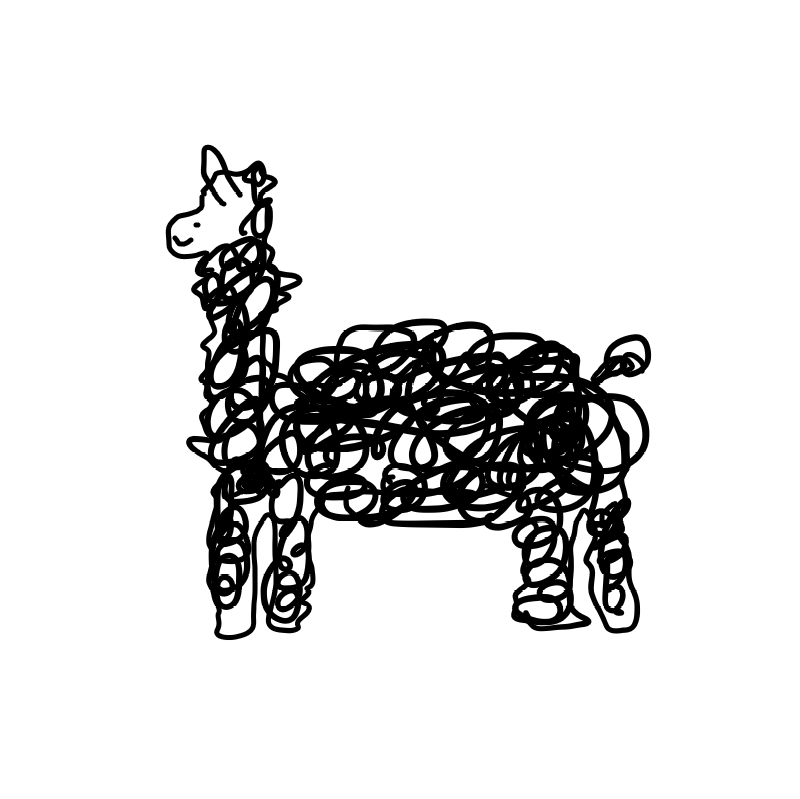949. Largest Time for Given Digits
Given an array arr of 4 digits, find the latest 24-hour time that can be made using each digit exactly once.
24-hour times are formatted as "HH:MM", where HH is between 00 and 23, and MM is between 00 and 59. The earliest 24-hour time is 00:00, and the latest is 23:59.
Return the latest 24-hour time in "HH:MM" format. If no valid time can be made, return an empty string.
My Answer 1: Accepted (Runtime: 32 ms - 76.80% / Memory Usage: 14.4 MB - 32.80%)
class Solution:
def largestTimeFromDigits(self, arr: List[int]) -> str:
arrDic = collections.Counter(arr)
# 가능한 조합들을 구해줌
comb = []
for i in range(len(arr)):
for j in range(len(arr)):
tmp = arr[i] * 10 + arr[j]
if tmp not in comb and tmp < 60 and i != j:
comb.append(tmp)
# 정렬까지~
comb.sort()
self.result = ""
# 정답을 찾는 부분은 함수로 분리
def findTime(length):
# [hour 찾기]
# length 부터 24 보다 작은 숫자 중에 젤 큰 값 찾기
for i in range(length,-1,-1):
if comb[i] < 24:
if comb[i] < 10:
self.result += "0"
self.result += str(comb[i])
# 두자리 숫자를 사용했다는 의미로 arrDic 업데이트
arrDic[comb[i]//10] -= 1
arrDic[comb[i]%10] -= 1
break
# 적절한 hour 가 없으면 빠져나감
if not self.result:
self.result = ""
return
self.result += ":"
# [minute 찾기]
# hour 가 사용하지 않은 숫자의 조합 중에 젤 큰 값 찾기
for i in range(len(comb)-1,-1,-1):
# 10 의 자리, 1의 자리 하나하나 사용여부 판단
if arrDic[comb[i]//10] != 0:
arrDic[comb[i]//10] -= 1
# 둘 다 안쓴 숫자들이면 답이니까 빠져나감
if arrDic[comb[i]%10] != 0:
if comb[i] < 10:
self.result += "0"
self.result += str(comb[i])
break
# 한자리만 가능 => X, 다시 원상복귀해주고 continue
else:
arrDic[comb[i]//10] += 1
continue
# 적절한 minute 이 없으면 빠져나감
if len(self.result) != 5:
self.result = ""
return
# hour 부분이 무조건 24 보다 작은 숫자 중에 젤 큰 값이면 안됨
# arr 의 모든 숫자를 사용하려면 다 따져봐야해서...
for i in range(len(comb)-1, -1, -1):
if comb[i] < 24:
arrDic = collections.Counter(arr)
findTime(i)
if len(self.result) == 5:
return self.result
self.result = ""
return self.result저번에 풀었던 비슷한 문제처럼 조합 구해서 했읍니다
307. Range Sum Query - Mutable
Given an array nums and two types of queries where you should update the value of an index in the array, and retrieve the sum of a range in the array.
Implement the NumArray class:
- NumArray(int[] nums) initializes the object with the integer array nums.
- void update(int index, int val) updates the value of nums[index] to be val.
- int sumRange(int left, int right) returns the sum of the subarray nums[left, right] (i.e., nums[left] + nums[left + 1], ..., nums[right]).
My Answer 1: Time Limit Exceeded (9 / 15 test cases passed.)
class NumArray:
def __init__(self, nums: List[int]):
self.numarr = nums
def update(self, index: int, val: int) -> None:
self.numarr[index] = val
def sumRange(self, left: int, right: int) -> int:
result = 0
for i in range(left, right+1):
result += self.numarr[i]
return result
# 이렇게 쓰면 11 개까진 통과됨..^^
#return sum(self.numarr[left:right+1])
# Your NumArray object will be instantiated and called as such:
# obj = NumArray(nums)
# obj.update(index,val)
# param_2 = obj.sumRange(left,right)